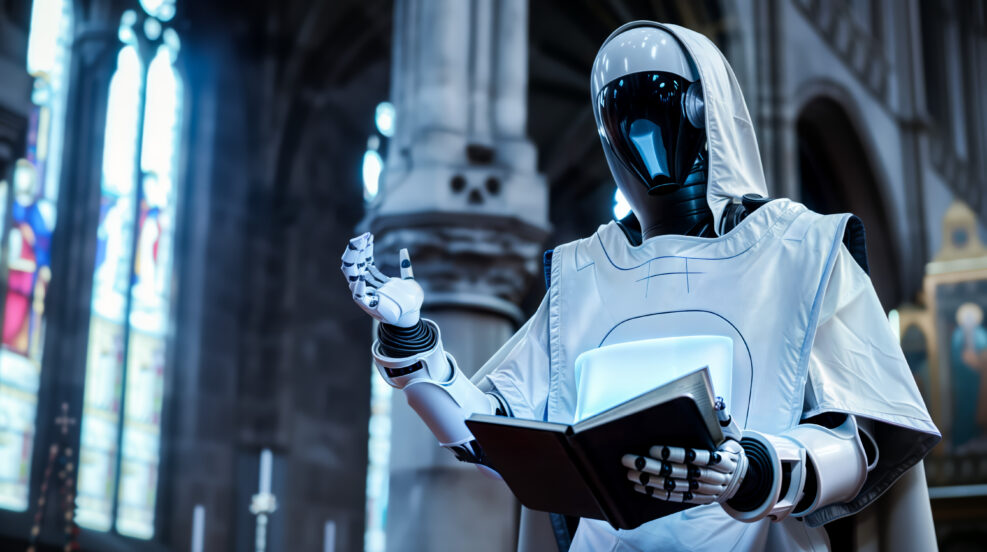
Bioethicists Want to Rule the World
Alright, the headline is a tad hyperbolic. But just a tad.Alright, the headline is a tad hyperbolic. But just a tad. Bioethics has always been about granting “experts” in the field tremendous influence over public policy. And now, one of the most prominent practitioners in the field — the president and CEO of the Hastings Center Report, a prestigious bioethics journal — has urged that bioethicists expand their “expert” advocacy to issues of “global” importance. Note the usual progressive gobbledygook lexicon. From “A Path Forward — and Outward,” by Vardit Ravitsky: Bioethics should move beyond a focus on human health and set the more ambitious goal of exploring conditions for human flourishing even beyond the WHO’s famously broad definition of health as a “state of complete physical, mental, and social wellbeing and Read More ›


















